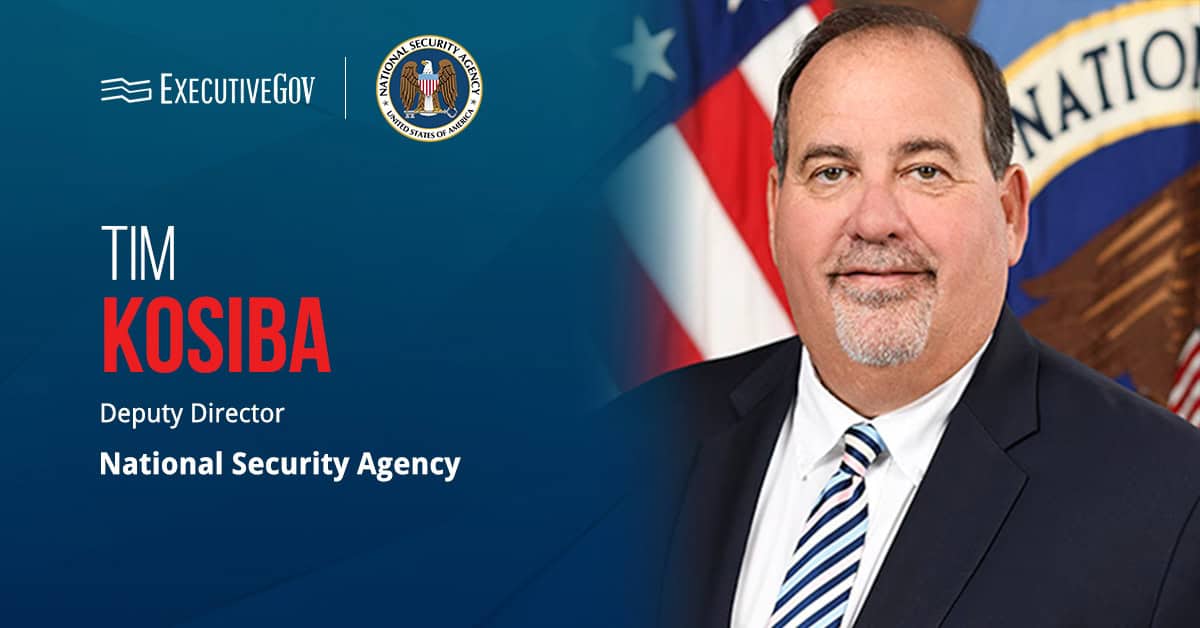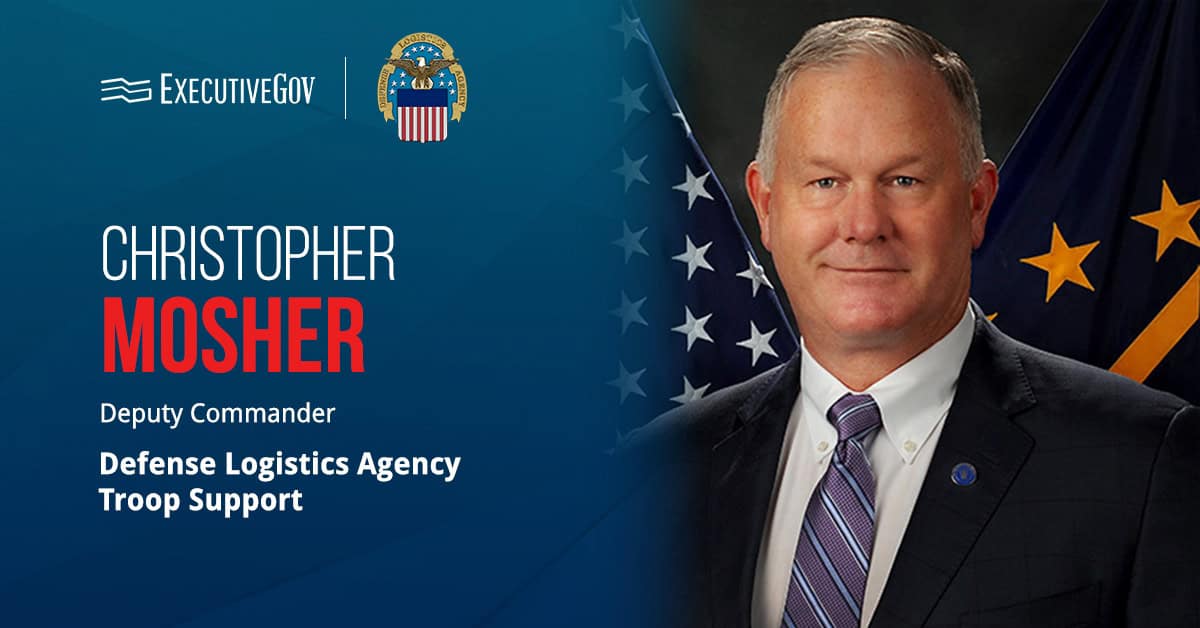
The Department of Homeland Security's science and technology directorate has unveiled the winner of a competition that invited industry to build compact escape respirators for egress functions within chemical, biological, and radiological areas.
Elmridge Protection Products' iEvac E700 Mini-ReBreather concept will utilize an oral-nasal mask and an integrated carbon dioxide scrubber to provide controlled oxygen flow from a generator to a sealed hood, DHS said Thursday.
The company along with two other finalists received $50K in funds to build and demonstrate prototypes of their concepts to a group of judges as part of the Escape Respirator Prize Challenge.
“In today’s environment of rapidly-changing technology, S&T is proactively looking for emerging technology to respond to homeland security needs,” said Kathleen Kenyon, Prize Competition lead at DHS.
Elmridge will be awarded $100K in cash for the grand prize.





